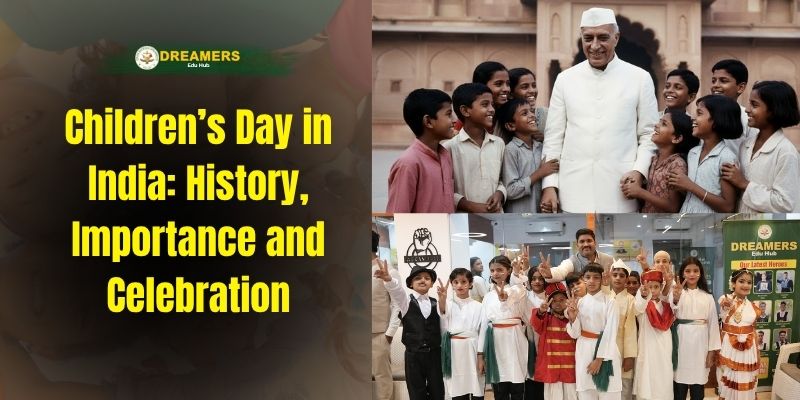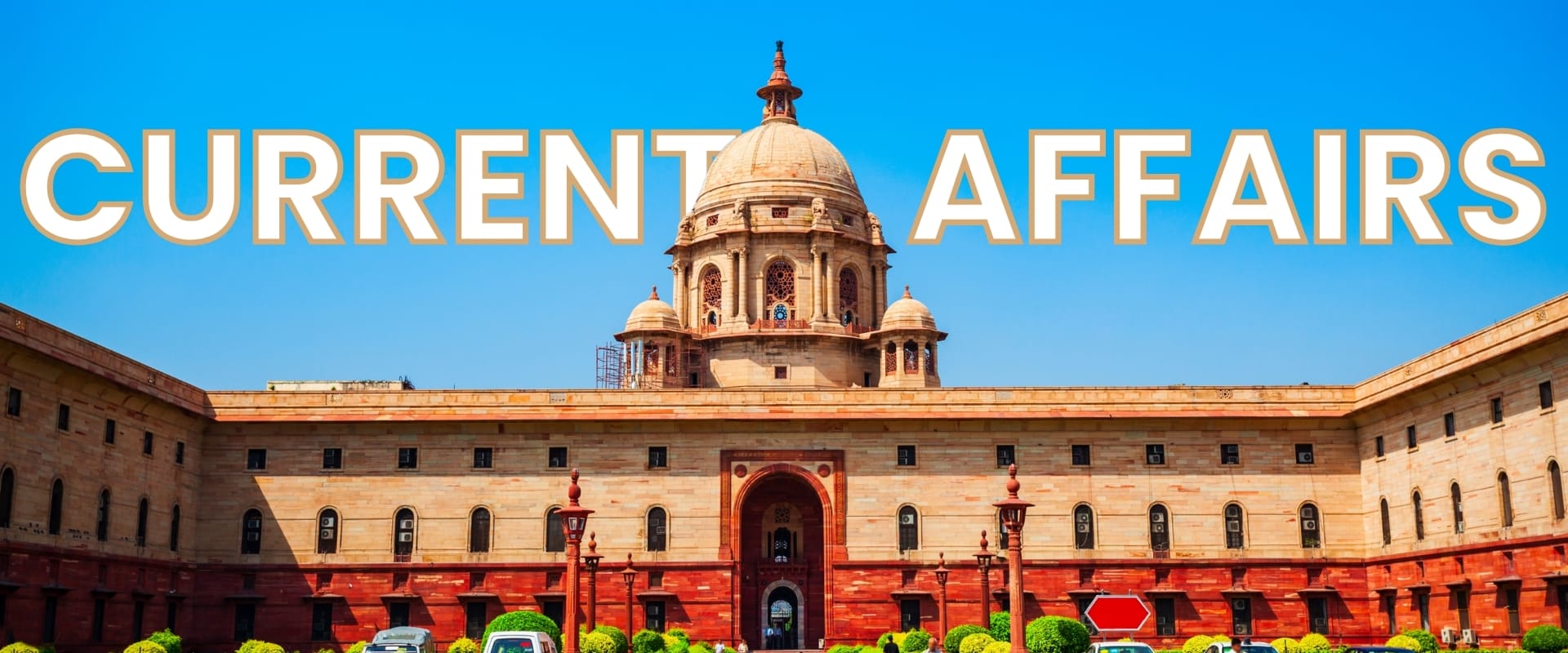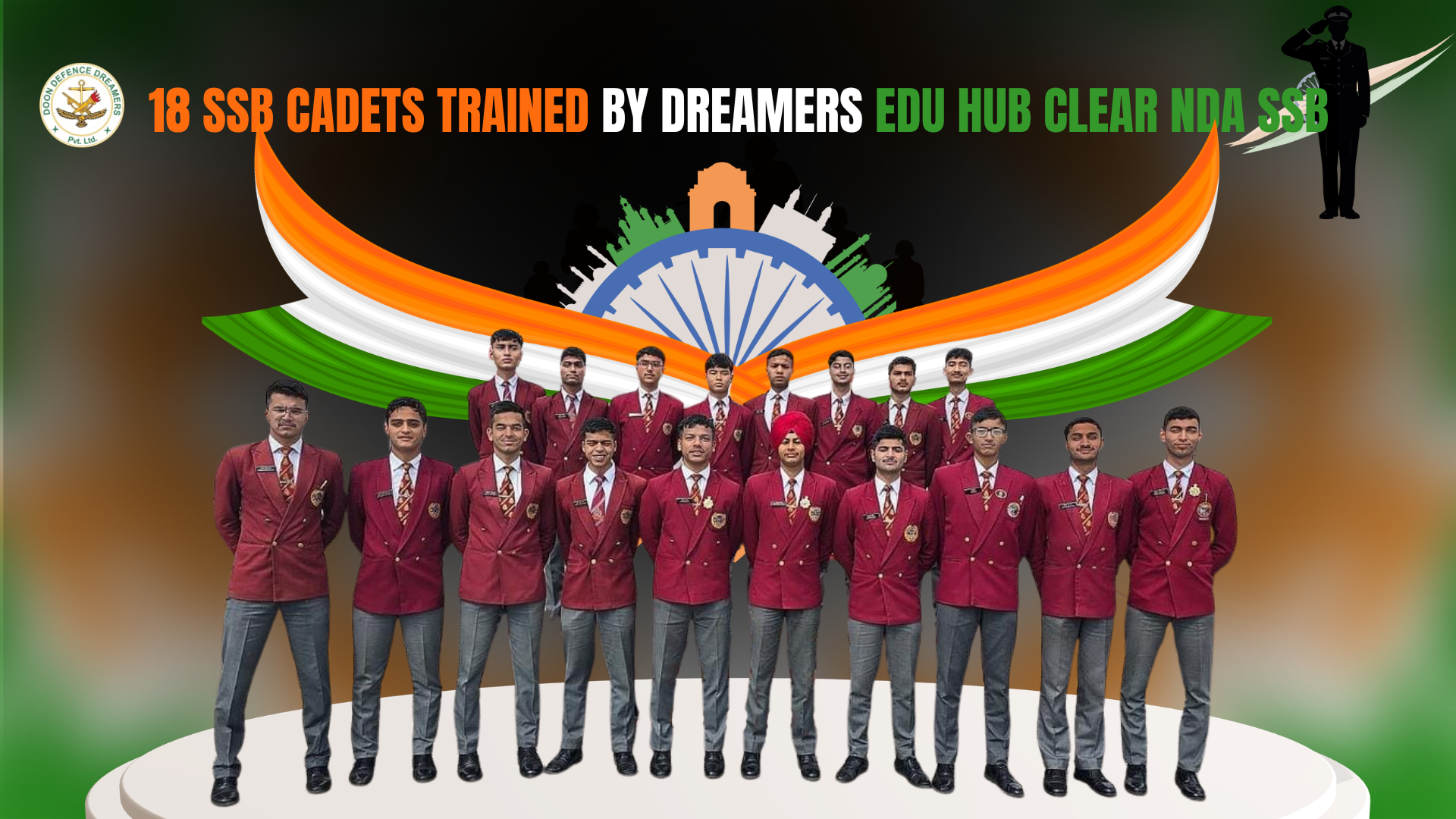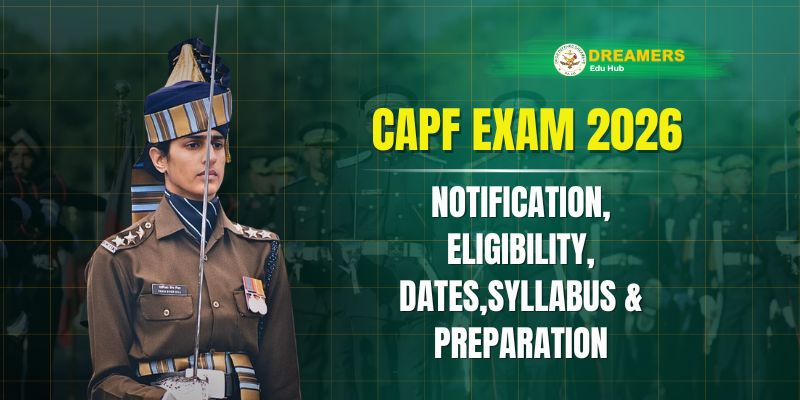1. Introduction: Why Do We Celebrate Children’s Day?
Every year, Children’s Day in India is celebrated on 14 November. This day is dedicated to children, their happiness, their rights and their bright future. It reminds us that every child is special and deserves love, care, education and respect.
A meaningful Children’s Day celebration is not just about sweets, dance and games. It is also about understanding children’s needs, listening to their voices and creating a safe and supportive world for them. When we care for children today, we build a stronger nation for tomorrow.
2. History of Children’s Day in India
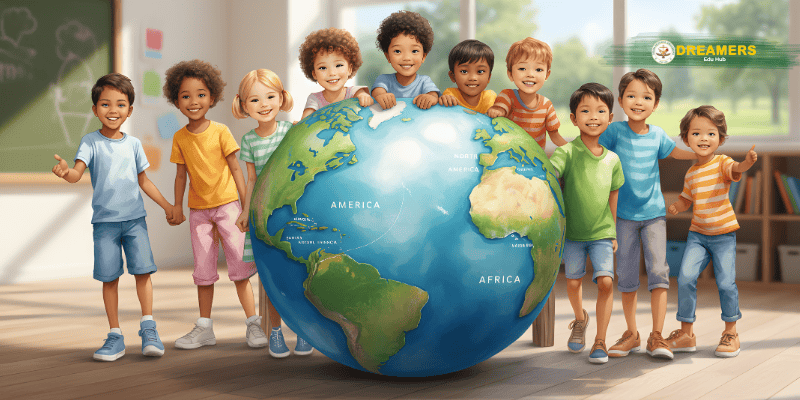
In many countries, Children’s Day is celebrated on different dates. At the global level, there is also a World Children’s Day observed in November to promote awareness about children’s welfare and rights.
However, Children’s Day in India is celebrated on 14 November, which is the birthday of Pandit Jawaharlal Nehru, the first Prime Minister of India. He was born on 14 November 1889 and is remembered for his love for children and his vision for their education and welfare.
After his death in 1964, 14 November was officially declared as Children’s Day in India as a tribute to him. From that time, every Children’s Day celebration across schools, NGOs and communities focuses on the rights, education and well-being of children.
3. Pandit Jawaharlal Nehru and His Love for Children
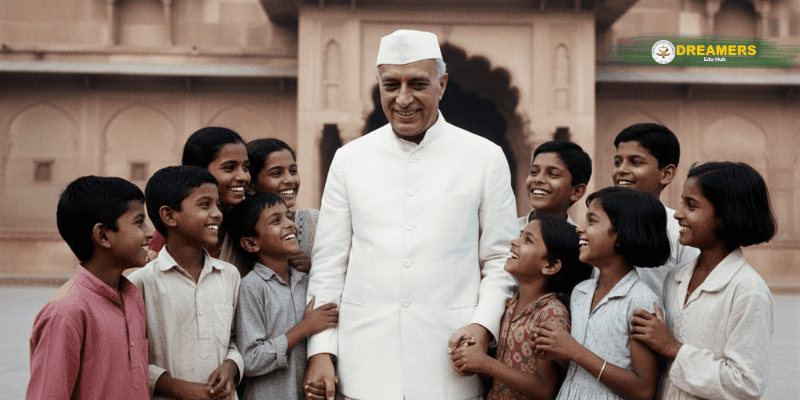
Pandit Nehru is popularly known as “Chacha Nehru”. He believed that children are not just small people; they are the real strength of a nation.
Some important points about his thoughts:
-
He felt that every child must get good education, no matter how rich or poor they are.
-
He supported schools, scientific thinking, and creative learning for young minds.
-
He helped promote initiatives focused on children, including films and activities that educate and entertain them.
When we talk about Children’s Day in India, we remember Chacha Nehru’s dream: an India where every child can study, play safely, and grow with confidence and dignity.
4. Children: The Future of Our Nation
Children are not only the future; they are also the present of our country. A strong Children’s Day celebration reminds us that:
-
Today’s children will become tomorrow’s teachers, officers, soldiers, scientists, entrepreneurs and leaders.
-
The way we guide them now will decide the kind of India we see after 20–30 years.
If Children’s Day in India is only about fun activities but not about values and learning, then we miss its real purpose. The true goal is to:
-
Encourage curiosity and creativity.
-
Build good habits like reading, discipline and respect.Motivate children to dream big and work hard.
5. Importance of a Happy and Healthy Childhood
A child’s early years are very important. A good Children’s Day celebration must highlight the importance of a healthy and happy childhood.
5.1 Physical Health
-
Nutritious food
-
Regular exercise and outdoor play
-
Proper sleep
These things help children grow strong and active.
5.2 Emotional and Mental Health
Children also need:
-
Love and emotional support from parents and teachers
-
Freedom to express their feelings
-
A safe environment without bullying, abuse or constant pressure
If we ignore emotional health, children may feel lonely, anxious or depressed, even if they seem fine from outside.
5.3 Safe and Supportive Environment
Children’s Day in India also reminds us to protect children from:
-
Child labour
-
Child marriage
-
Physical or verbal abuse
-
Neglect and discrimination
A safe child today becomes a confident adult tomorrow.
6. Role of Parents in Shaping a Child’s Personality
Parents are a child’s first teachers. On this day of Children’s Day celebration, parents can reflect on a few important points:
-
Listen more, shout less: Children need to feel heard.
-
Encourage questions: If a child is curious, it is a good sign.
-
Praise effort, not only marks: When you appreciate hard work, children become more confident.
-
Limit unhealthy comparisons: Constantly comparing your child with others can hurt their self-esteem.
On Children’s Day in India, many schools invite parents for special programs. This is a good time for parents to understand how their behavior at home shapes their child’s nature, discipline and dreams.
7. How Teachers Inspire and Guide Young Minds
Teachers play a central role in every Children’s Day celebration. For many children, a teacher is a role model and a guide.
A good teacher:
-
Makes learning simple and joyful.
-
Notices both strong and weak points of each child.
-
Supports shy students and encourages them to speak.
-
Teaches not just syllabus, but also manners, teamwork and values.
On Children’s Day in India, many schools reverse roles—teachers perform skits, songs or fun activities for students. This creates a friendly bond and tells children that learning can be full of joy.
8. Children’s Rights: What Every Child Deserves
When we talk about Children’s Day in India, we must also talk about children’s rights. India has taken many steps to protect these rights.
8.1 Right to Education
Under Indian law, education for children between 6 and 14 years is treated as a fundamental right. This ensures:
-
Free and compulsory elementary education
-
Minimum standards for schools
-
Special support for children from weaker sections
8.2 Other Important Rights
A child should also have the right to:
-
Live in a safe and caring environment
-
Get proper healthcare and nutrition
-
Be protected from exploitation and abuse
-
Play, relax and enjoy childhood
-
Be treated equally, without discrimination
A meaningful Children’s Day celebration is one where schools and communities discuss these rights and teach children how to speak up if they are being treated unfairly.
9. Fun and Creative Ways to Celebrate Children’s Day
Children’s Day in India is famous for colourful programs in schools, coaching institutes and communities. Here are some simple and meaningful ideas:
-
Cultural programs: Dance, songs, skits and poetry recitation based on friendship, honesty, bravery and dreams.
-
Role reversal: Teachers act like students, and students conduct the assembly or class for fun.
-
Themed competitions: Drawing, essay writing, speech or debate on topics like “My Dream India” or “Why Education Matters”.
-
Story sessions: Sharing inspiring stories of young achievers who worked hard to reach their goals.
-
Gratitude wall: Children write “Thank you” notes to parents, teachers and friends.
The best Children’s Day celebration is the one where every child feels included, confident and happy.
10. Digital Age Kids: Balancing Studies, Screen Time and Play
In today’s world, children grow up with smartphones, tablets and social media. Children’s Day in India should also raise awareness about digital life.
Some balanced rules:
-
Fix a daily time limit for mobile games and social media.
-
Use screens for learning too—educational videos, quizzes and interactive lessons.
-
Keep at least one hour of outdoor play every day.
-
No screens during family meals and at least one hour before sleeping.
A responsible Children’s Day celebration will guide children on how to use technology wisely, without letting it control their life.
11. Children’s Day at Doon Defence Dreamers: Nurturing Future Officers from a Young Age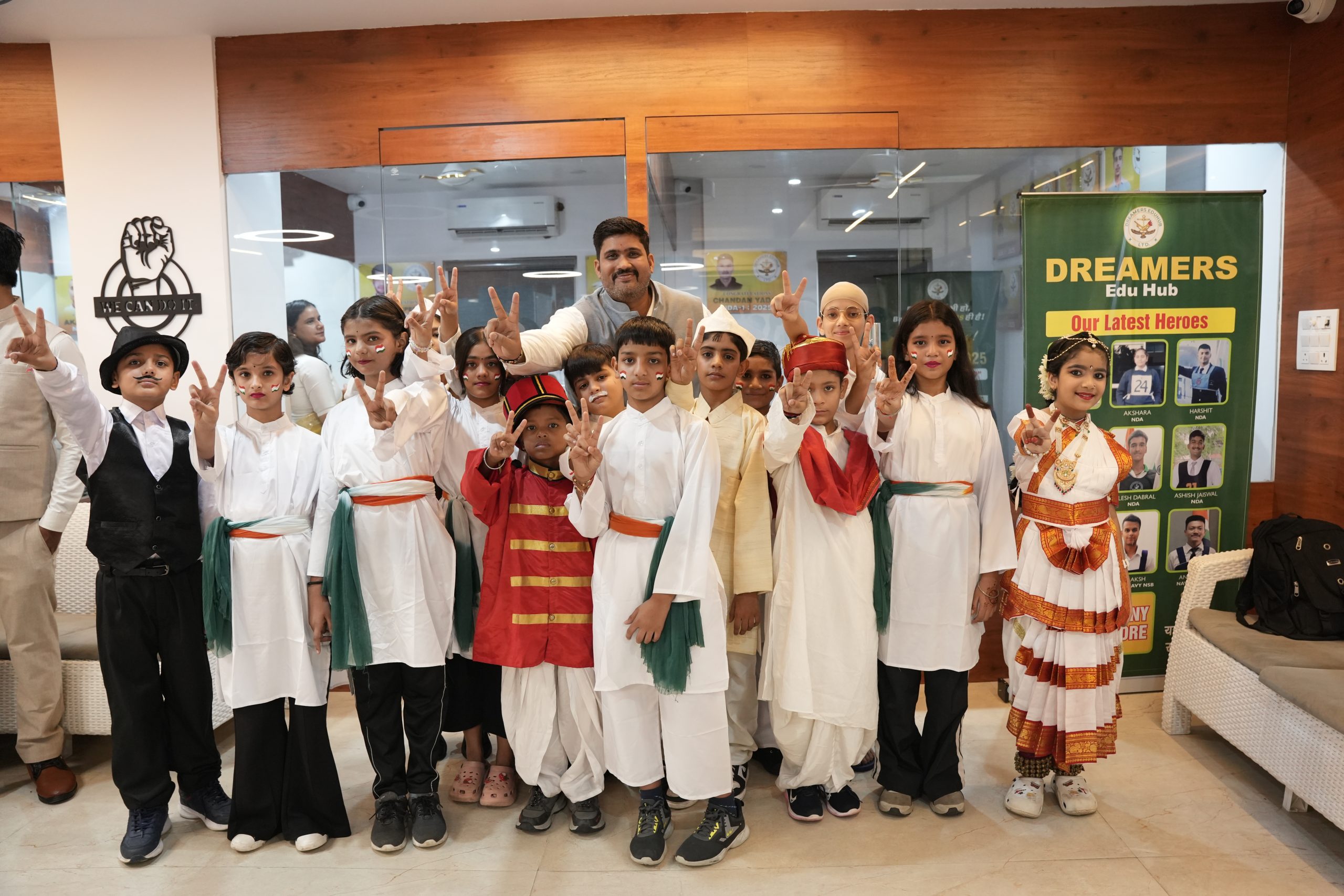
For institutes like Doon Defence Dreamers(Best CDS Coaching Institute in Dehradun), which prepare students for NDA and defence services, Children’s Day in India is more than just a cultural program. It is a day to remind young aspirants that:
-
Great officers are first disciplined, honest and kind human beings.
-
Defence services need not only physical strength, but also emotional maturity, teamwork and leadership.
A Children’s Day celebration at a defence-oriented institute can include:
-
Motivational talks on nation-building and discipline
-
Short sessions on time management, goal setting and fitness
-
Games and group activities that promote team spirit and leadership
-
Stories of young officers and cadets who achieved their dream through hard work
Doon Defence Dreamers can also use this day to encourage school-going kids to dream about serving the nation, not just as NDA officers, but also as responsible citizens in any field they choose.
12. Conclusion: Our Responsibility Towards the Next Generation
Children’s Day in India is not only about one date on the calendar. It is a reminder that children need:
-
Love and understanding at home
-
Guidance and motivation in school and institutes
-
Protection of their basic rights in society
A thoughtful Children’s Day celebration should leave us with some clear promises:
-
We will listen to children more patiently.
-
We will support their dreams, not only our expectations.
-
We will create safe spaces in homes, schools and online platforms.
-
We will stand against child labour, abuse and discrimination.
If we can do this, then every Children’s Day in India will truly honour Chacha Nehru’s vision and help build a brighter, stronger India—through its happiest and most powerful resource: its children.

